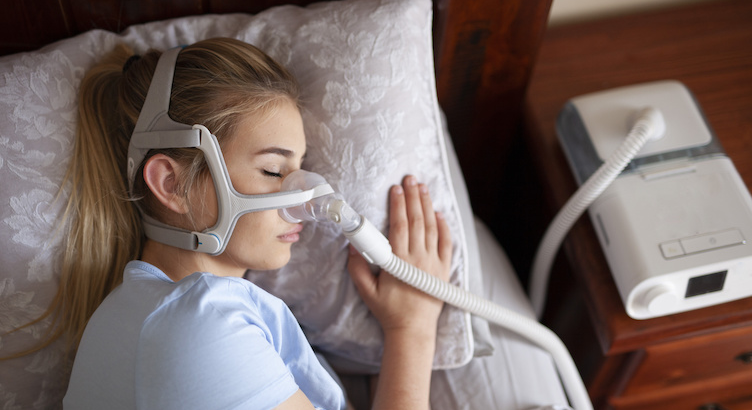Philips CPAP Lawsuits Are Consolidated in MDL

Movement seen in Philips CPAP lawsuits as cases are consolidated in MDL
On October 8, 2021, the Judicial Panel on Multidistrict Litigation (JPML), which comprises seven circuit and district judges, ruled to consolidate lawsuits filed against Philips Respironics, the maker of recalled continuous positive airway pressure (CPAP) and other respiratory devices.
Reuters reported the news, along with the fact that Senior U.S. District Judge Joy Flowers Conti will oversee the pretrial and discovery hearings for the lawsuits under MDL No. 3014 – In Re: Philips Recalled CPAP, Bi−Level PAP, and Mechanical Ventilator Products Liability Litigation.
Why the Philips CPAP lawsuits are being consolidated
To date, hundreds of claimants have taken legal action against Philips. The lawsuits center on the DreamStation product line of devices’ defective sound-abatement foam. This component of the DreamStation devices allegedly breaks down and/or off-gases, causing users to ingest or inhale toxic or carcinogenic substances and become ill.
The cases share common questions of fact, making them suitable for consolidation in multidistrict litigation (MDL). The purpose of MDL is to streamline the judicial process in similar cases by conserving resources and facilitating consistency across a large number of lawsuits. Typically, the judge who manages an MDL encourages plaintiffs and defendants to agree on a settlement.
Under the MDL, the Philips cases in which evidence points to consistent questions of fact have been transferred to a single court, the United States District Court Western District of Pennsylvania. Most of Philips’ recalled devices were manufactured outside Pittsburgh, making it the logical choice for hosting pretrial hearings, according to the JPML.
Story of the plaintiff who asked for the MDL
Plaintiff Thomas Starner filed a motion for the consolidation of the Philips cases. Starner’s lawsuit states that he purchased a Philips Respironics Remstar Pro CPAP in 2013 and used it every night up to April 2018. The plaintiff then bought a Philips DreamStation Auto CPAP device, which he used on a nightly basis until June 26, 2021. On this date, Starner was notified of the recall of both devices because of the dangerous PE-PUR foam.
The plaintiff claims he incurred “substantial expenses” to replace the recalled devices. Furthermore, according to the complaint, Starner has endured “chest tightness and respiratory irritants” while using the Philips devices. News of the recall allegedly has caused Starner to suffer anxiety about his health due to the possibility that he ingested or inhaled dangerous substances from the machines.
How will the MDL play out for Philips CPAP lawsuit plaintiffs?
The federal court judge will manage the pretrial and discovery process. During discovery, both sides of the lawsuits will depose witnesses, exchange documents, and issue interrogatories. During this process, individual lawsuits could be either dismissed or settled. Those that are neither dismissed nor settled will be sent back to their state courts for trial.
In other words, each Philips case will be decided on its own merits. Only the discovery and pretrial hearings are shared across the various lawsuits.
CPAP repair plan expected to complete in one year
Philips reported that its CPAP repair and replacement program is “underway.” According to the company, it has built approximately 750,000 replacement devices and repair kits. Although more than 250,000 of these units have been delivered to customers, Philips anticipates that only in a year’s time will all users have received their replacement devices and repair kits.
The U.S. Food and Drug Administration (FDA) announced the recall of millions of Philips Bi-Level Positive Airway Pressure (Bi-Level PAP), Continuous Positive Airway Pressure (CPAP), and mechanical ventilator devices in June 2021. The agency labeled the recall as a Class I recall, a classification reserved for the most serious recalls of products that could cause serious injuries or death.